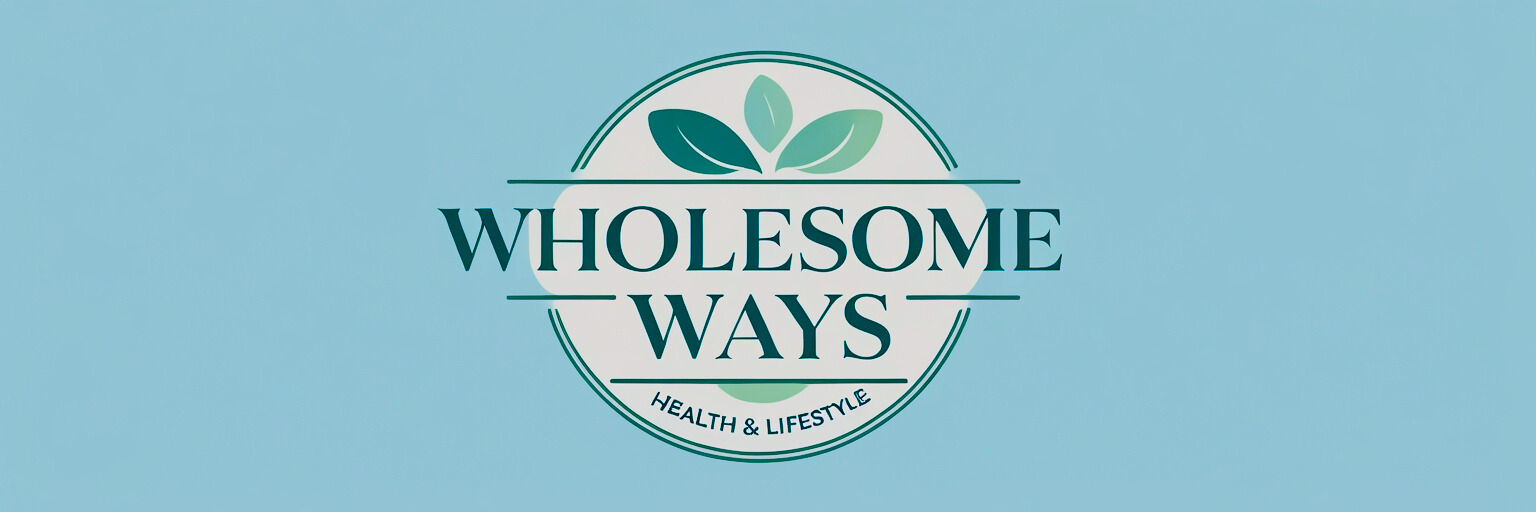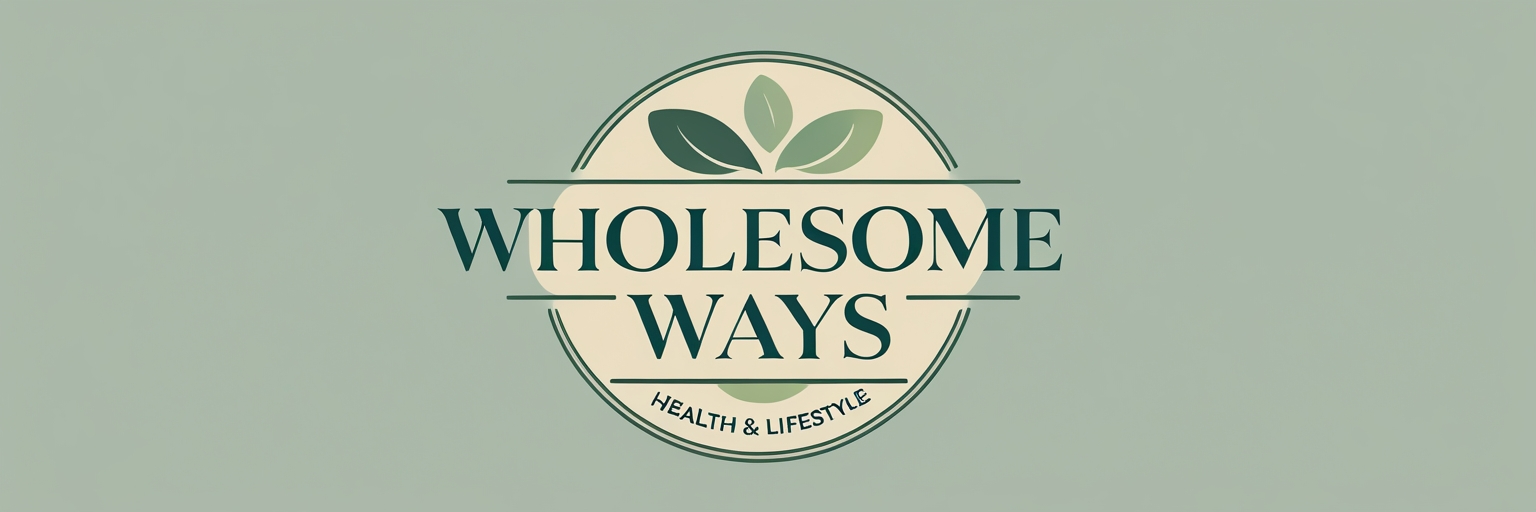Now Reading: Combat Decision Fatigue: Strategies for Less Overwhelm
-
01
Combat Decision Fatigue: Strategies for Less Overwhelm
Combat Decision Fatigue: Strategies for Less Overwhelm

Navigating Decision Fatigue: Your Compassionate Guide to Less Overwhelm & More Calm
Do you ever reach a point in your day where your brain just feels… done? Maybe you’re staring blankly at a restaurant menu, endlessly scrolling through streaming options, or struggling to start a task because the sheer number of ways to approach it feels paralyzing. It’s that moment when even the simplest choice feels like climbing a mountain, leaving you utterly drained.
If this sounds familiar, please know you are absolutely not alone. This pervasive feeling of mental exhaustion from the relentless barrage of choices we face daily is a very real psychological phenomenon known as decision fatigue. In our fast-paced, choice-abundant world, it’s easy to feel constantly bombarded, which can lead to stress, anxiety, and a profound sense of depletion.
But here’s the wonderful news: you don’t have to surrender to this overwhelm. Consider this article your warm, encouraging guide, designed to offer practical, empathetic, and evidence-based strategies. We’re going to explore how to navigate these everyday mental challenges, foster resilience, and genuinely enhance your overall well-being by effectively combating decision fatigue.
What is Decision Fatigue? Understanding Your Brain’s Tiring Process
Definition: When Your Brain Reaches Its Limit
At its heart, decision fatigue is the gradual decline in the quality of decisions you make after a prolonged period of intense decision-making. Think of your brain like a muscle: the more you use it, especially on demanding tasks, the more tired it becomes. Every time you weigh an option, big or small, your brain expends valuable mental energy, eventually leading to a state of cognitive exhaustion.
The Science Behind It: Our Finite Mental Energy Pool
Leading psychologists, most notably Roy Baumeister, have extensively researched the concept of ego depletion. This fascinating idea suggests that our willpower, self-control, and capacity for rational decision-making are not infinite; they draw from a finite mental resource pool. Imagine this pool as your daily allowance of cognitive energy. Every choice you make, from what socks to wear to a complex strategic plan at work, dips into this reservoir. It’s estimated we make around 35,000 decisions a day! Each one, no matter how tiny, chips away at your cognitive reserves, leading to willpower depletion and potentially impaired judgment.
Common Symptoms: Is Your Brain Feeling It?
Becoming aware of the signs of decision fatigue is the first empowering step toward managing it. You might be experiencing it if you notice any of the following:
- Pervasive Indecisiveness & Procrastination: Even straightforward choices feel monumental, leading you to delay action or fall into a state of analysis paralysis or choice paralysis.
- Irritability & Impulsivity: You might find yourself easily frustrated or making quick, sometimes regretted, choices just to get the decision over with, even if it’s not the best option.
- Diminished Judgment: Your ability to thoughtfully weigh pros and cons decreases, often resulting in defaulting to the “easiest” choice rather than the optimal one.
- Profound Mental Exhaustion: This isn’t just physical tiredness; it’s a deep mental drain, often accompanied by brain fog, difficulty concentrating, or even headaches.
- Increased Stress & Anxiety: The constant mental load and struggle to decide can significantly contribute to heightened feelings of stress and anxiety, impacting your overall peace of mind.
Why Modern Life Makes Us So Prone to Decision Fatigue
Our contemporary lives are a veritable smorgasbord of choices. From what news article to click, what streaming service to binge, what job offer to consider, or which social event to attend, the sheer volume and complexity of decisions are unprecedented. This constant influx of options contributes to significant cognitive overload and information overload, essentially forcing our brains to work overtime.
What’s more, our mental health plays a crucial role. When we’re already grappling with stress, anxiety, or simply not getting enough restful sleep, our mental reserves are already lower than usual. This makes us even more susceptible to the draining effects of decision fatigue, creating a challenging cycle that profoundly impacts our overall well-being and sense of calm.
Your Toolkit: Simple, Actionable Strategies to Reclaim Your Energy
The truly good news is that managing decision fatigue isn’t about eliminating choices entirely – that would be impossible! Instead, it’s about becoming strategic and intentional about *how* and *when* you make decisions. Here are some empathetic and actionable strategies designed to help you reclaim your focus, boost your energy, and find more peace in your day:
1. Automate & Simplify Routine Decisions
One of the most powerful ways to lighten your daily decision load is to remove routine choices altogether. This frees up invaluable mental energy for what truly matters and introduces predictability, which can significantly reduce anxiety and stress.
- Smart Meal Planning: Dedicate an hour once a week to plan your meals. This eliminates daily “what’s for dinner?” dilemmas and significantly reduces grocery store overwhelm. Try simple themes (e.g., “Taco Tuesday,” “Pasta Friday”) or use a meal kit service to pre-select ingredients.
- Embrace a “Capsule” Wardrobe: Simplify your clothing choices. You don’t need a uniform like Mark Zuckerberg, but having a “go-to” set of outfits that mix and match easily, or even laying out your clothes the night before, can drastically reduce morning decision-making pressure.
- Automate Your Finances: Set up automatic bill payments, savings transfers, and investment contributions. This powerful habit formation tool removes recurring financial decisions, giving you peace of mind and saving mental energy.
- Establish Consistent Routines: Create clear morning and evening routines. Knowing what comes next – from your wake-up ritual to your bedtime prep – creates structure and reduces countless small choices. This supports strong routine building and a sense of calm control.
- Default Settings: For online forms, apps, or even your coffee order, save default preferences where possible. Little decisions add up!
2. Prioritize & Limit Your Choices
Not all decisions are created equal. Be kind to your brain by focusing your mental energy where it truly counts, and deliberately reducing your options when you can.
- Tackle Important Decisions First: Use your peak mental energy – often in the morning, after a good night’s sleep – for critical or complex choices. This vital prioritization technique ensures your most important decisions are made with fresh eyes and full cognitive capacity, leading to greater mental clarity.
- Set Strategic Constraints: When faced with an overwhelming array of options, deliberately narrow them down. For example, if you’re planning a trip, first decide on a region, then two or three cities, rather than sifting through endless destinations worldwide. If shopping online, filter by specific criteria immediately. This is one of the best decision-making tips for reducing overwhelm.
- Embrace “Good Enough”: For lower-stakes decisions, practice adopting the “good enough” mindset. Don’t strive for perfection in every little choice. If a decision meets 70-80% of your criteria and gets the job done, often it’s “good enough,” saving you immense mental effort and promoting significant stress reduction. For example, choosing a solid, reliable pen rather than researching every brand on the market.
3. Strategic Time & Energy Management
How you manage your time and your personal energy directly impacts your susceptibility to decision fatigue. Be proactive and compassionate with your schedule.
- Implement Time Blocking: Allocate specific, dedicated blocks in your day for decision-making tasks, or for administrative work that requires minor decisions. This prevents constant context-switching, which is incredibly mentally draining. It’s a fantastic time management and productivity hack. For example, set 30 minutes aside each morning to answer emails that require thoughtful replies.
- Take Regular, Intentional Breaks: Short physical or mental breaks throughout the day are not a luxury; they are crucial for recharging. Step away from your screen, stretch, take a short walk outside, or do something completely different that requires no decision-making. These micro-breaks are essential for recharging your cognitive battery and combating mental exhaustion.
- Learn to Delegate When Possible: Empower others to make decisions where appropriate. Trusting colleagues with certain project choices or family members with household decisions not only lightens your load but also fosters collaboration. This reduces your personal burden and builds a supportive network.
4. Foster Self-Care & Build Resilience
Foundational well-being practices are your strongest defense against decision fatigue and absolutely crucial for your overall everyday mental health. Treat these as non-negotiable investments in yourself.
- Prioritize Adequate Sleep: Sleep is not optional for cognitive function and decision-making ability. Aim for 7-9 hours of quality sleep nightly to ensure your brain is truly refreshed and ready for the day’s demands, bolstering your core well-being.
- Practice Mindfulness & Meditation: Regular practice of mindfulness or short meditation sessions (even 5-10 minutes) can profoundly help clear the mind, reduce racing thoughts, and build inner calm. This makes you less reactive to choice overload and significantly promotes stress reduction.
- Engage in Physical Activity: Regular exercise, even a brisk walk, boosts cognitive function, improves mood, and helps manage stress. All of these benefits enhance your ability to make clear, well-considered decisions throughout the day.
- Consciously “Unplug”: Deliberately disconnect from screens and the constant onslaught of information. Spend time in nature, engage deeply in a creative hobby, or simply enjoy quiet contemplation. This deliberate digital detox helps you achieve true mental clarity and allows your brain to rest from constant stimuli.
Beyond Individual Habits: Cultivating a Supportive Environment
While personal habits are paramount, also take a moment to consider how your external environments – your home, your workspace, even your digital spaces – can be optimized. Clear goals, established systems, and organized physical and digital spaces can significantly reduce your ambient decision load. For instance, a tidy desk means less mental effort finding things, and clear project guidelines at work mean fewer ambiguous choices about how to proceed. Building these supportive structures around you further strengthens your resilience against daily mental pressures, creating a calmer, more intentional life.
Conclusion: Your Journey to a Calmer, More Intentional Life
Combating decision fatigue isn’t about eradicating all choices from your life, but rather about making smarter, more intentional choices about how you engage with them. By thoughtfully implementing these empathetic strategies – from automating routines and prioritizing key decisions, to managing your energy and nurturing your self-care – you can significantly reduce feelings of mental overwhelm, experience greater mental clarity, and genuinely enhance your overall well-being.
Remember, this is a journey of self-discovery and kindness, not a destination. Even small, manageable changes you make today can have a profound and lasting impact. Be patient and compassionate with yourself, start where you are, and celebrate every step you take towards a calmer, more intentional life. You have the power to reclaim your energy and make space for what truly matters.




















